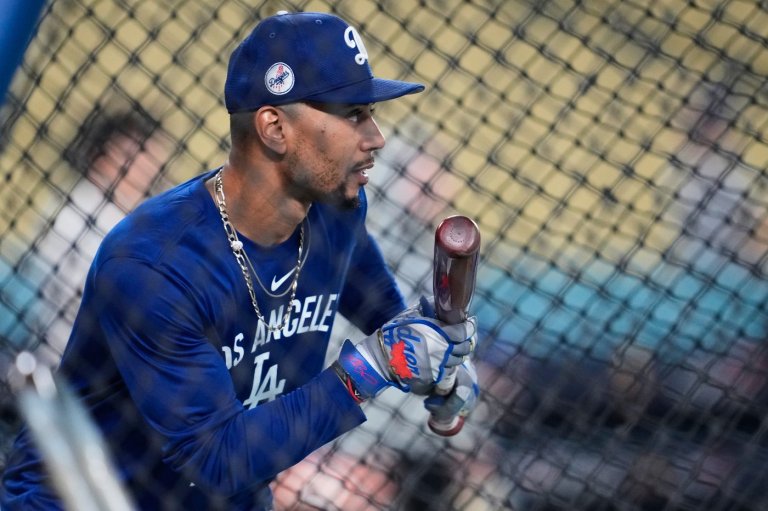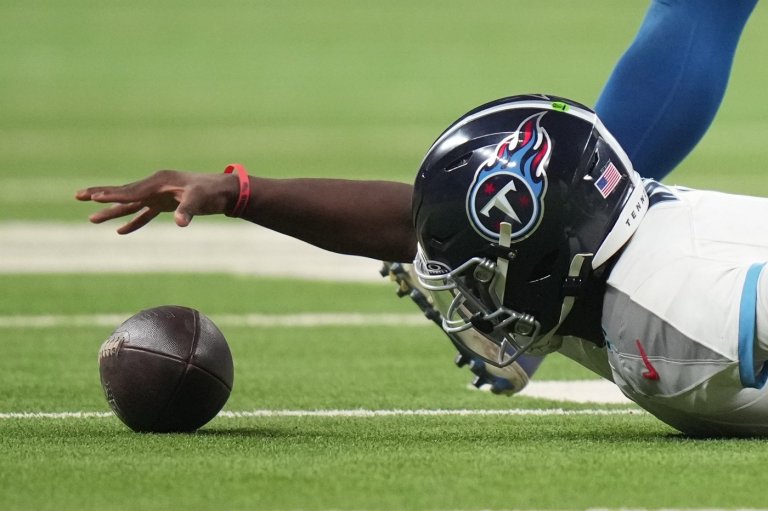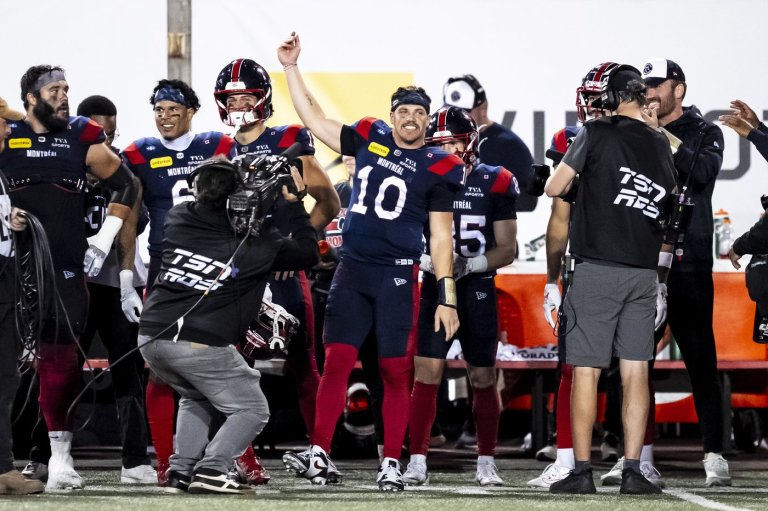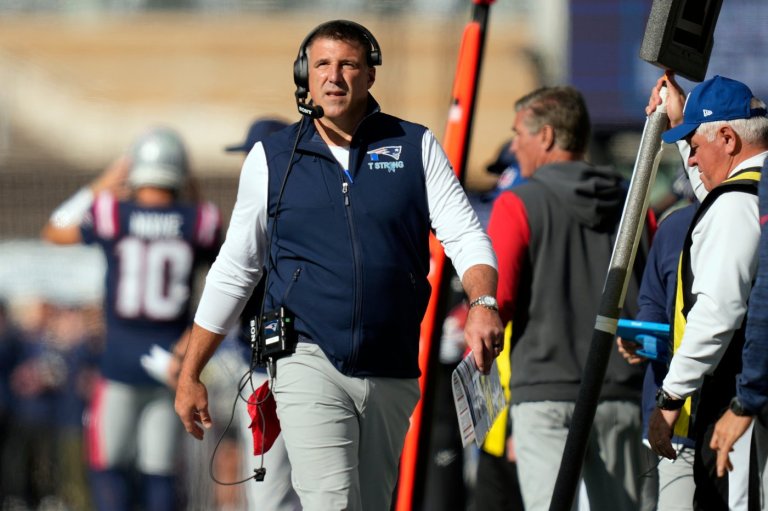Canadian government allots $3.11 million in mental-health funding to athletes
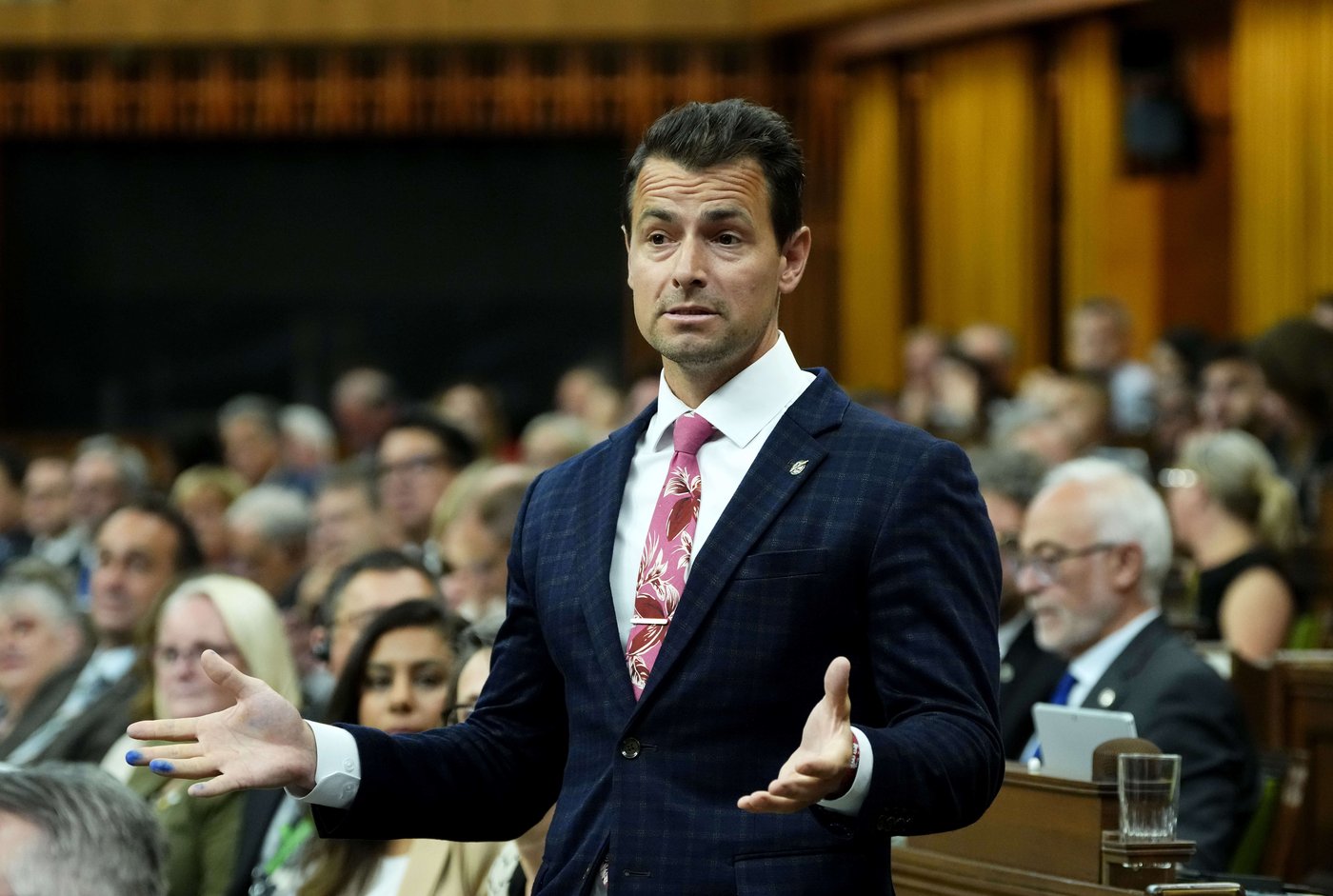
Canada’s Olympic and Paralympic athletes and coaches will get $3.11 million in funding for mental health services this winter.
Secretary of Sport Adam van Koeverden, an Olympic kayak champion, made the announcement Monday in Montreal ahead of the 2026 Winter Games in Milan and Cortina, Italy.
“I’m really glad to get it out well in advance, more than 100 days before the Olympics and Paralympics in Milano and Cortina so we don’t see a significant gap in services to athletes,” Van Koeverden said.
“When you’re trying to run a business or an institute or a facility, certainty is the most important thing, just knowing when and how much is coming. I wanted to make sure that there was going to be no gaps in services to athletes because mental health services and performance services of these types are essential.
“I’m not suggesting that this is important so that we win medals. I’m saying this because athlete mental health is foundational to everything else that we do.”
The Olympic Games in Italy open Feb. 6 and close Feb. 22, followed by the Paralympic Games there March 6-15.
The money comes from the federal government’s $16-million commitment in the 2024 budget to support the well-being of athletes and coaches.
That funding over two years was designated to prevent and address maltreatment, support people with concussions and mental-health issues and advance inclusion, diversity, equity and accessibility.
The $3.11 million for 2025-26 will be distributed between the national network of sport institutes ($1.5 million), the Canadian Olympic Committee ($1.46 million) and the Canadian Paralympic Committee ($150,000).
“Mental health support is a critical component of a healthy high-performance environment that is athlete-centred and focuses on well-being,” CPC chief executive officer Karen O’Neill said in a statement.
Part of the funding is allocated to Game Plan, which is a collaboration of the three entities, to assist athletes in development and wellness through their career and in retirement.
“The athletes know that when they go to their training centre or make a phone call to their performance psychologist, they can rely on them for all the important work they do,” Van Koeverden said.
“I remember calling mine up all the time just to say ‘hey, this is how things are going. I’m a little stressed or I’m little anxious’ or whatever.”
When the International Olympic Committee launched its Mental Health Action Plan in 2023, it cited a 2019 study that concluded 34 per cent of elite athletes experience anxiety and depression.
This report by The Canadian Press was first published Oct. 27, 2025.
Join the Conversation!
Want to share your thoughts, add context, or connect with others in your community?
You must be logged in to post a comment.













